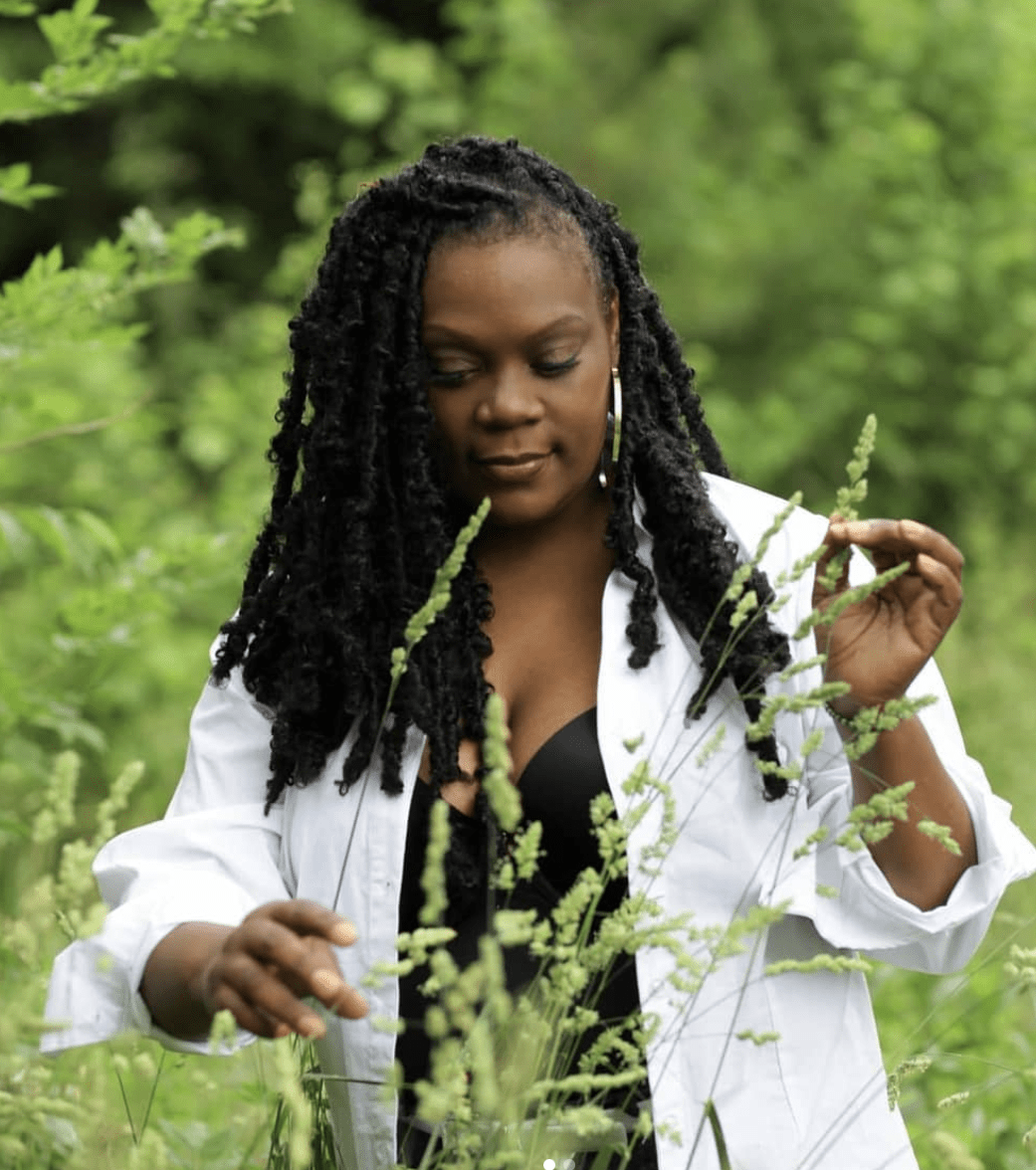
Written By Christine Thomasos
Self-care is more than keeping your hair, nails, and hygiene on point. It’s also all about emotional wellness. Did you know your emotional wellness directly affects your physical health? If you want to live a long, healthy life, you can’t neglect to do some inner work. MVEMNT chopped it up with emotional self-care expert Lindsay Fauntleroy,L.A to talk about all things emotional self-care.
What’s Emotional Self-Care and Why’s It Important?
Our physical bodies usually get the most attention in conversations about health and wellness. Mainstream media doesn’t always make talking about emotional wellness a priority. Between diet, exercise, and looking our best, a lot of us focus on other aspects of our health instead of prioritizing our emotional self-care. Before we learn what it takes to do that, let’s define it.
Lindsay, an acupuncturist, integrative counselor, educator, and author of In Our Element: Soul Medicine to Unleash your Personal Power, says emotional self-care is all about using our emotions to align with our life and wellbeing. When we don’t prioritize this area of our lives, we see it reflected in our physical illness.
“Anger that’s not properly managed can manifest as heart disease which is something we have a lot of in the Black community,” the self-care advocate said. “When we’re not mindful of our emotional health, we can slip into depression. We can avoid some of these physical health traps that we find ourselves in.”
Lindsay shared some practical questions we can use to reflect on the status of our emotional self-care journey:
- How am I responding to things in a balanced way?
- Am I able to remain steady with the highs and lows of things that are happening around me?
- Am I able to love fully?
- Do I express my anger in healthy ways?
Why Black Emotional Wellness Stigmas Exist
The Black community has had to overcome stigmas about mental health and emotional wellness in our minds, home, and society. The Black experience in the U.S. has challenged our ability to grow in this area. Because of generational and ancestral trauma, many of our parents and grandparents didn’t have the tools to make mental health or emotional wellness a priority.
“Our ancestors didn’t have the privilege of being able to access some of the vulnerability that we have now. It’s very difficult to be vulnerable when your life is being threatened on a daily basis,” Lindsay revealed. “It wasn’t necessarily safe to talk about your feelings. As we move forward, just the institutions out there, the stigmas around if you talk about stuff outside of the family, you’re really putting the family at risk.”
It’s not easy to overcome that fear instilled in the emotional DNA of multiple generations. But, changes are happening in spaces where we see advocacy efforts for Black mental health and therapy. After working in the area of emotional healing for two decades, Lindsay recognizes the progress people are making. When Lindsay first started doing acupuncture, it was a taboo practice that people were afraid to talk about.
“Before, I had to explain the science of it. Now when I say I’m an acupuncturist, people are really interested, or they’ve already had it, and that’s really gratifying,” she said. “I think social media has really changed how people think about holistic wellness, now people will post themselves getting acupuncture or communing with nature. Social media just gives us a window into how people use holistic wellness to upgrade, and that’s been fun to watch.”
Emotional Wellness Challenges
Even with all of the progress made, we still face challenges that delay our ability to grow in emotional wellness. One of the biggest challenges is vulnerability.
“I think in the black community, we are really still wrestling with how to love each other fully, and how to show up as our full selves without being afraid of being attacked, rejected, abandoned, or any of those things that make our heart shut down,” Lindsay said. “We also live in a time where there are pandemics and wars. You turn on the news and everything that we look at externally in the world is enough to make someone’s heart shut down if we’re not really diligent and careful about tending to our emotional self-care.”
As Black people, we get typecasted in roles that hinder our ability to be vulnerable. Have you been looked at as a strong black woman or angry black women? These are just two examples of harmful stereotypes that make it hard for people to feel emotionally safe. Lindsay notes that Black women are the most susceptible to degenerative diseases like lupus, diabetes, depression, fibroids, and multiple sclerosis, which are linked to emotional stress.
“There’s this pressure to be like, ‘No matter what, I got it; I could do it myself.’ These stereotypes don’t make it possible for us to get help and cry when our feelings are hurt,” she said. “So we lose access to being in our bodies, access to the support, care, and tenderness that we actually deserve. In society, we’re not programmed to see Black people, especially
Black women, that way because we’re continually desensitized to Black people.”
Vulnerability isn’t the only roadblock people face on their emotional wellness journey. Anger is another challenging emotion that can transform itself in harmful ways. Since anger is not always easily accepted by others, Lindsay believes people have difficulty working through it.
“Anger, when it’s not properly dealt with, can turn into depression, suicide ideation, or rage and violence,” she said. “We have the opportunity and responsibility to learn how to manage our anger differently, not to suppress it or ignore it, but to acknowledge that anger is a force of change. We can really get clear with ourselves about how we want to react to life and how we want to use our anger as a cue for taking a stance.”
How To Level Up Your Emotional Self-Care
Emotional self-care doesn’t have to be complicated. It starts with being honest about your emotions. Are you ok? Regardless of the answer, here are some practical things Lindsay suggests we can do to become emotionally healthy and stay balanced.
- Take pauses from news and social media
- Eliminate negative self-talk
- Recognize patterns that cause you to feel defeated
- Practice vulnerability with trusted people
- Get in nature, even if it’s just opening a window to feel the breeze
- Create a playlist with songs that empower you
- Research complementary medicine
Lindsay also spoke about how important it is to find a culturally sensitive therapist.
“A culturally sensitive or culturally competent therapist, regardless of their background, is going to be able to support you in looking at how ancestral or familial traumas are being triggered. When social injustice happens, a culturally competent therapist is going to be paying attention to how that’s impacting you,” she said. “In your spiritual practice, you’ll also want to have a therapist that is aligned and supportive of whatever spiritual practice you do that makes you feel connected to your source.”
Lindsay doesn’t just teach people about emotional wellness. Her own journey started when she had challenges getting pregnant. Click here to learn more about the acupuncturist who’s among the first Black authors to publish and distribute her work on holistic health and emotional wellness.
1 Comment
Leave a Reply Cancel reply
You must be logged in to post a comment.
Featured Listings
Pilates Is What Your Summer Body Needs—And It’s Giving Everything It Was Supposed to Give
Listen, I don’t know who needs to hear this, but that summer...
The World Is Doing the Most: Here’s How to Protect Your Peace
Bruh, it’s too much happening right now. Tariffs messing with the economy,...
5 Professionals You Should See to Improve Yourself in 2025
The new year is here, and while we’re all about resolutions, let’s...
Nourishing Foods for Glowing Winter Skin
Sis, winter is here, and you already know what that means—ashy elbows,...



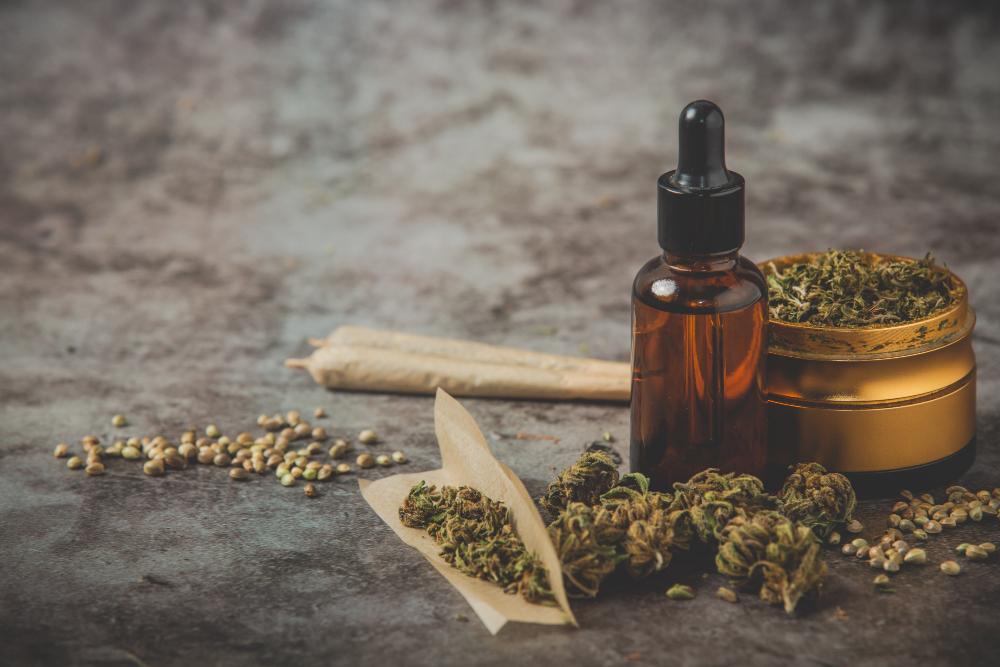
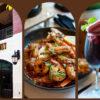

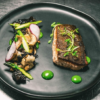

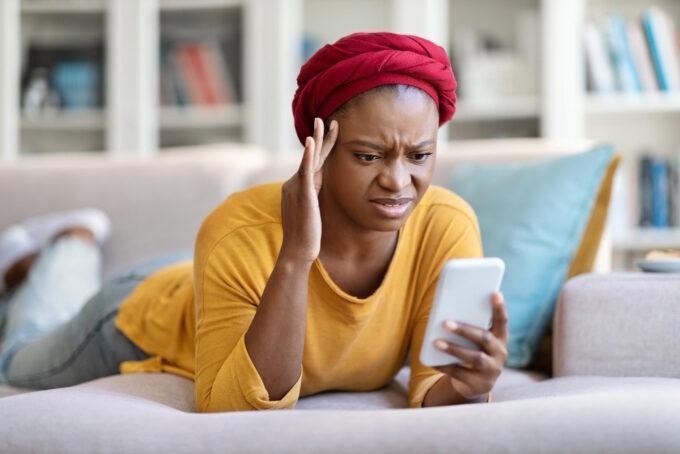
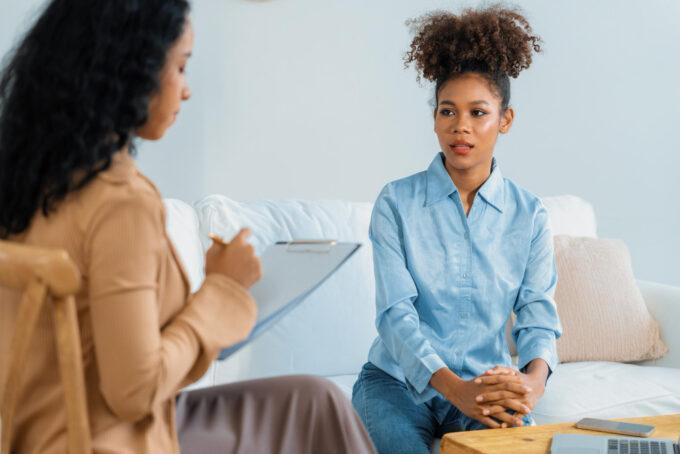

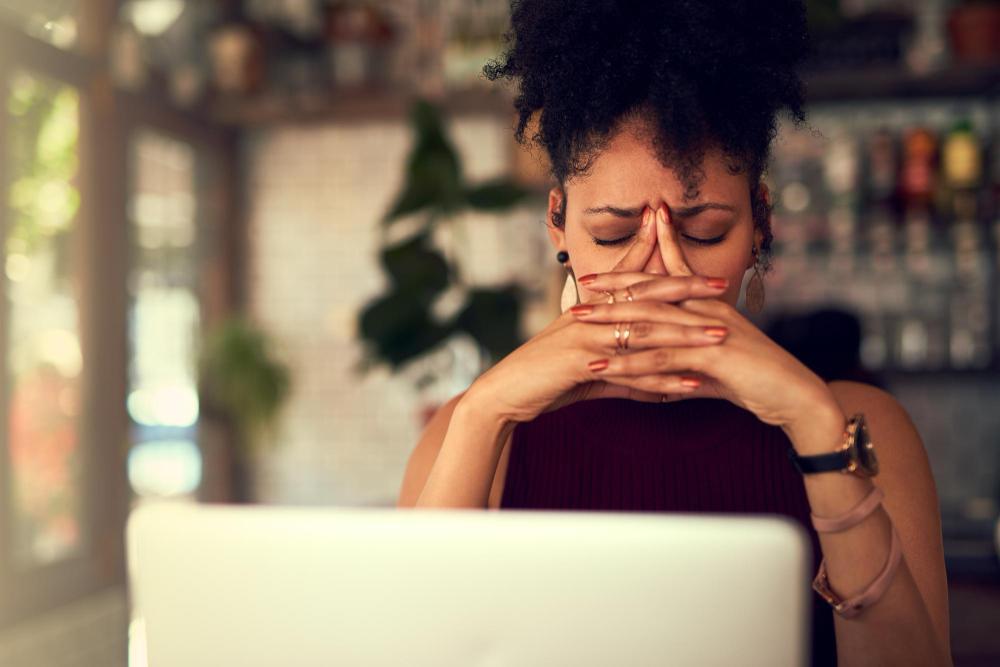

This was a good read & something that the black community should pay more attention to. After reading this article, I am even more convinced that our emotional feel being truly plays a part in our physical well being. I have changed states and visited very relaxing places a few times & noticed a difference in mood, motivation, & outlook on life. Unfortunately, when it comes to returning home, I feel down, annoyed, and slightly stressed thinking about the life I am returning too. At this point, I am looking to relocate to feel more at peace and obtain that motivation and outlook on life that I once felt before.